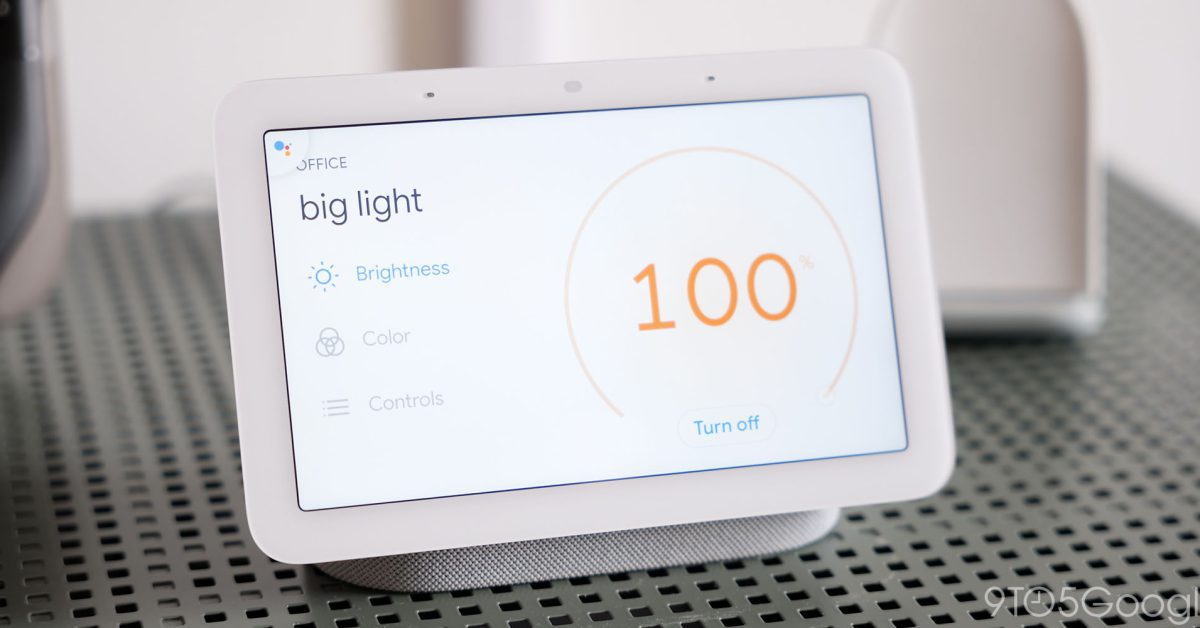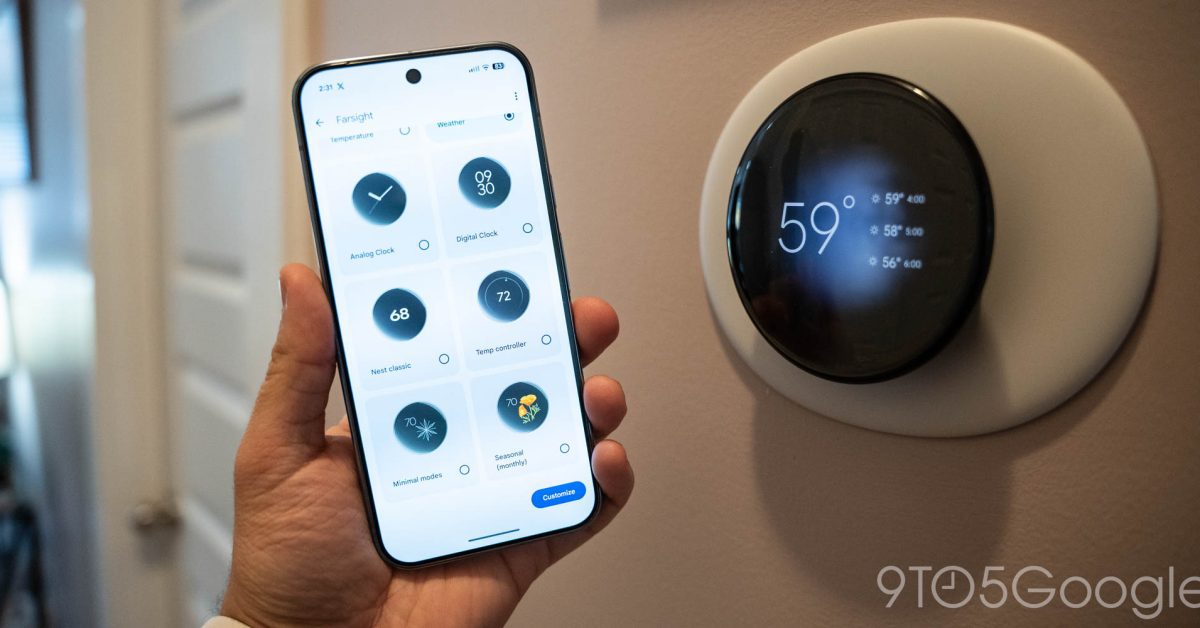
this is google s first ai-generated tv Google has officially launched its first television advertisement, showcasing the AI Mode of its Search feature, which was entirely generated using generative AI technology.
this is google s first ai-generated tv
Overview of Google’s AI-Generated Advertisement
On October 31, 2025, Google unveiled a groundbreaking television advertisement that marks a significant milestone in the intersection of artificial intelligence and marketing. This ad, designed to promote the AI Mode of Google Search, was created using generative AI technology known as Veo 3. This innovative approach not only highlights the capabilities of AI in content creation but also sets a precedent for how companies may leverage AI in their advertising strategies moving forward.
The Role of Generative AI in Advertising
Generative AI has gained traction in various fields, including art, music, and writing, but its application in advertising is relatively new. The technology allows for the creation of content that can be tailored to specific audiences, making it a powerful tool for marketers. By utilizing generative AI, Google aims to streamline the ad creation process, reduce costs, and enhance creativity.
Veo 3, the generative AI model employed in this advertisement, is designed to analyze vast amounts of data and generate content that resonates with viewers. This technology can produce not only visual elements but also scripts, voiceovers, and even music, enabling a comprehensive approach to ad creation.
Details of the Advertisement
The advertisement itself is a reflection of Google’s commitment to innovation and its focus on enhancing user experience through AI. The ad showcases various scenarios where Google Search’s AI Mode can assist users in their daily lives, from answering complex questions to providing personalized recommendations.
Content and Messaging
The messaging in the ad emphasizes the convenience and efficiency of using AI in search queries. It illustrates how users can engage with the AI Mode to obtain quicker and more accurate results, thereby enhancing their overall search experience. The ad’s narrative is designed to resonate with a broad audience, appealing to both tech-savvy individuals and those who may be less familiar with AI technologies.
By highlighting real-world applications of AI in search, Google aims to demystify the technology and encourage users to embrace it. The ad serves as a reminder of how AI can simplify tasks, making it an integral part of everyday life.
Visual and Audio Elements
The visual components of the advertisement are striking, utilizing vibrant colors and engaging graphics that capture the viewer’s attention. The use of generative AI allows for a level of creativity that may not have been possible through traditional methods. The animation flows seamlessly, illustrating the various functionalities of the AI Mode in a visually appealing manner.
In addition to the visuals, the audio elements, including voiceovers and background music, were also generated using AI. This holistic approach to ad creation showcases the capabilities of generative AI in producing cohesive and engaging content.
Implications for the Advertising Industry
Google’s foray into AI-generated advertising could have far-reaching implications for the advertising industry as a whole. As companies increasingly adopt AI technologies, the landscape of advertising may shift dramatically. Here are some potential implications:
- Cost Efficiency: Generative AI can significantly reduce the costs associated with ad production. By automating various aspects of content creation, companies can allocate resources more effectively.
- Speed of Production: The ability to quickly generate content allows for faster turnaround times, enabling companies to respond to market trends and consumer demands more effectively.
- Personalization: AI can analyze user data to create highly personalized advertisements, increasing engagement and conversion rates.
- Creativity: While some may argue that AI lacks the human touch, generative AI can produce innovative ideas that may not have been conceived through traditional methods.
Stakeholder Reactions
The release of Google’s AI-generated advertisement has elicited a range of reactions from stakeholders across the industry. Advertisers, marketers, and consumers are all weighing in on the implications of this technological advancement.
Advertisers and Marketers
Many advertisers view Google’s initiative as a positive step toward embracing new technologies. The potential for cost savings and increased efficiency is appealing, especially in a competitive market where every dollar counts. Some industry experts believe that generative AI could revolutionize the way ads are created, allowing for more innovative and engaging campaigns.
However, there are also concerns regarding the over-reliance on AI in advertising. Some marketers worry that the human element of storytelling may be lost in the process, leading to a lack of emotional connection with audiences. The challenge will be to find a balance between leveraging AI capabilities and maintaining the authenticity that resonates with consumers.
Consumers
Consumer reactions to AI-generated content are mixed. While some individuals are excited about the potential for personalized experiences and enhanced convenience, others express skepticism about the authenticity of AI-generated content. Concerns about privacy and data usage also come into play, as consumers become increasingly aware of how their information is utilized in targeted advertising.
Future of AI in Advertising
The success of Google’s AI-generated advertisement may pave the way for broader adoption of generative AI in the advertising sector. As technology continues to evolve, it is likely that we will see more companies experimenting with AI-generated content. This trend could lead to the development of new tools and platforms that facilitate the integration of AI into marketing strategies.
Ethical Considerations
As the use of AI in advertising becomes more prevalent, ethical considerations will also come to the forefront. Issues such as transparency, accountability, and the potential for bias in AI-generated content must be addressed. Companies will need to establish guidelines and best practices to ensure that AI is used responsibly and ethically in advertising.
Conclusion
Google’s introduction of its first AI-generated television advertisement represents a significant milestone in the advertising industry. By leveraging generative AI technology, Google not only showcases the capabilities of its AI Mode in Search but also sets a precedent for future advertising strategies. As the industry evolves, the balance between innovation and authenticity will be crucial in shaping the future of advertising.
Source: Original report
Was this helpful?
Last Modified: November 1, 2025 at 11:37 am
2 views















